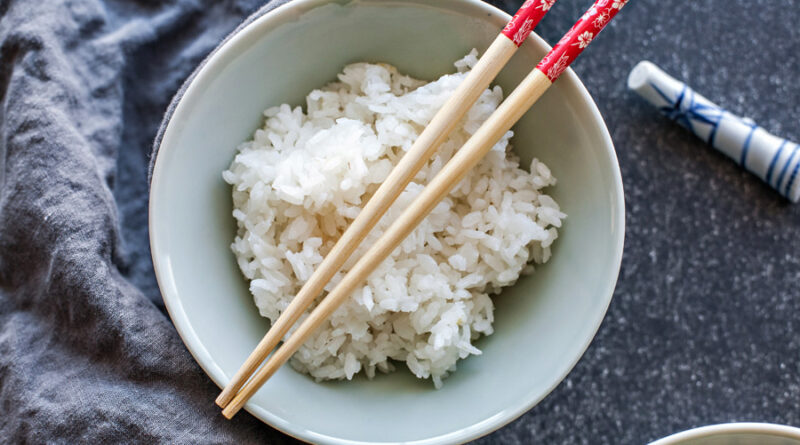Japan buys first South Korean rice in over two decades as prices surge
By Hyonhee Shin, Bloomberg
Surging rice prices in Japan have opened a rare window of opportunity for South Korean producers to export the staple food to the country.
Japan imported South Korean rice for the first time since 1999 this month as soaring prices of domestic grain fueled demand for foreign products despite heavy tariffs, a South Korean industry official said Monday.
The imports were made via the Japan office of South Korea’s National Agricultural Cooperative Federation, better known as NongHyup, which said it brought in and sold 2 tons of Korean rice online and at local supermarkets this month.
While the amount accounts for a sliver of Japan’s consumption, it offers a bright spot for South Korea’s overall exports, which were slammed in April by U.S. President Donald Trump’s protectionist trade policies. It also comes at a time when Asian countries are seeking to improve trade ties with one another to overcome Trump’s efforts to upend global trade. Last month, the trade chiefs of South Korea, China and Japan met in Seoul and renewed their call for free trade.
Korean rice had not had a price advantage because of tariffs previously but it’s competitive now, an official at NongHyup’s Tokyo office said by phone, wishing to remain anonymous due to the sensitivity of the situation. The person added that it was the first such sale since NongHyup opened its Tokyo office.
The Nonghyup official said the initial shipments of 2 tons have already been sold out and 20 additional tons were scheduled to arrive by next week.
Japan levies around ¥340 ($2.40) per kilogram on rice imports that exceed a duty-free quota of about 770,000 metric tons a year, and Japanese consumers’ preferences for domestic grain and the country’s convoluted supply chain have also complicated imports.
But consumer rice price jumped 92% last month from a year earlier, the fastest pace of increases since 1971 and accelerating inflation, according to data from Japan’s internal affairs ministry.
This article has been republished from The Japan Times.

